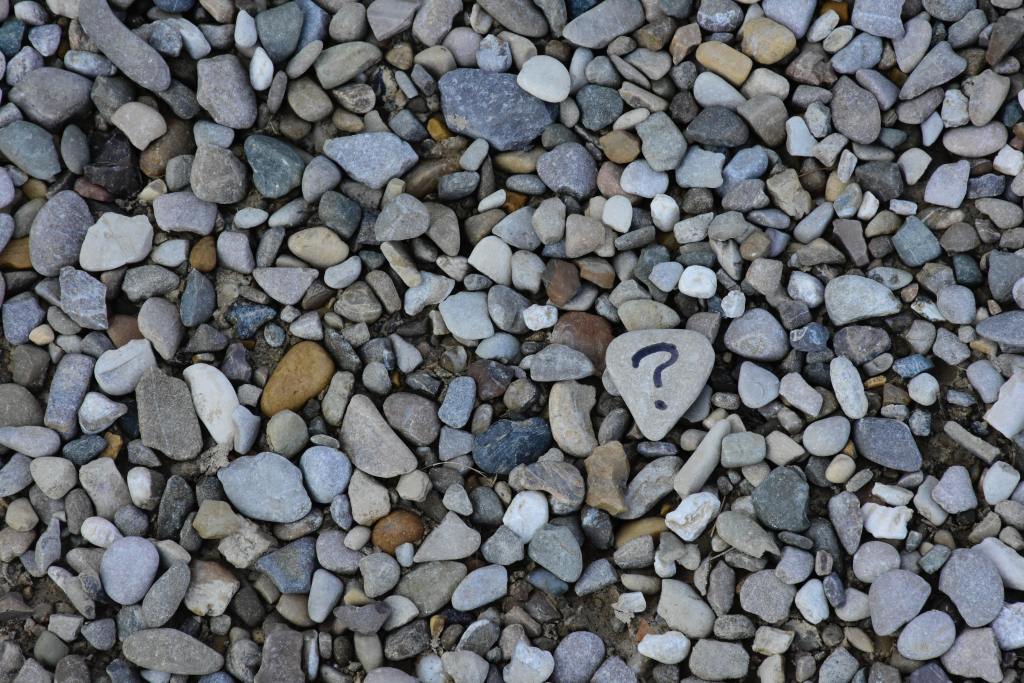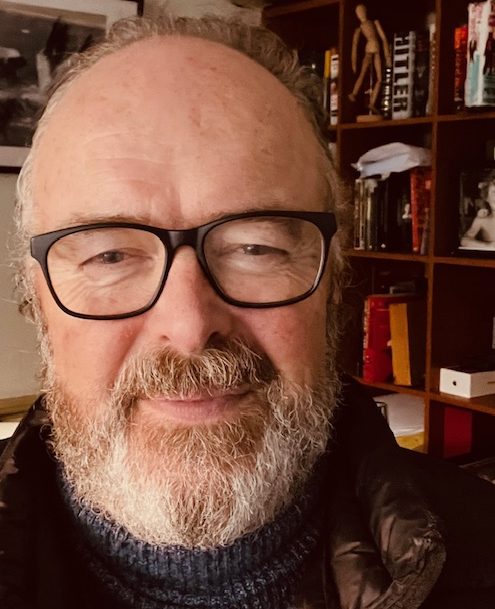
Here we are, in Northern Ireland, or the six counties, or the North, depending on your political upbringing. A small place, one hundred miles up and down and across, with a population of less than two million. So you might think we would know ourselves. But to take a lead from Fintan O’Toole’s excellent book about growing up in Ireland, We Don’t Know Ourselves, we haven’t a clue about each other.
Yes, to be sure, we know people. We meet people every day, and most of Northern Ireland (I’m giving my heritage away there) is a mixed community with people from the main cultures working together, doing business, and in growing numbers socialising.
The success in developing these scenarios is that we do not talk about religion or politics.
We still live in a world where to do so would do more harm than good, even within the two communities, where the divisions that are successfully buried for most of daily life would emerge like a monster in a Marvel movie.
As a result we remain clueless about each other. Those that vote Unionist are totally baffled by the strength of the support for Sinn Fein, with their main reference point being the historical connection with the IRA. Sinn Fein voters seem to take the view that Unionists are Unionists for the sole purpose of maintaining a Protestant hegemony. Neither are anywhere near the reality.
These positions are promoted and supported by the politicians. By having these as the underlying positions to support one and attack the other, they see that voters can be retained and stoked.
The threads of this stray back into the dark distant past. As far as recorded history. English invasion. Religious wars across Europe for several hundred years. Land grabs by kings and queens. Ireland being partitioned by differences following the Scottish plantation of the northern counties.
Most recently, it has been discrimination in both communities in both parts of Ireland. Ireland a Catholic state beside Northern Ireland, a Protestant state. Any argument that either was not will not stand up to a proper historical analysis. But one side will only look at the other, not themselves. This is where we get the irony of Unionists learning more about the Nationalists to highlight division, and Republicans only being taught about Protestant sectarianism of the North, rather than each learning about themselves.
It is time that we became informed about our own communities.
Protestants need to be taught about the institutionalised discrimination of the first fifty years in Northern Ireland, while Catholics should learn about the Ireland that was a failing state dominated by hard-line Catholicism. We have to be taught about why those histories made the other community take a position that is still the main driver of political choices to this day. The Nationalist had no opportunity to play a part in Northern Ireland, while in the South there were rules that would restrict Protestants.
And underlying both majorities were the day-to-day hierarchies. The language of bigotry, the unrecorded decisions based on a person’s religion that happened every day. In both territories.
At school and at home, in my Protestant household, any mention of discrimination was batted away as moaning and complaining, and the age-old solution that if ‘they’ didn’t like it why didn’t ‘they’ go and live in the South? There was nothing on the curriculum to teach us that we were not always the good guys. That there was a serious imbalance in how people were treated in Northern Ireland. And that it was us doing it.
Meanwhile, although not my direct experience, I was hearing about how boys I played with were treated by priests in schools. On occasional visits to Dublin the presence of the Catholic Church was physically visible with priests and nuns on Grafton Street. Ireland was not taught properly either, in the North or South. The reality of poverty and emigration were hidden in the history of imperial domination. The Ireland that was real had no attraction to the northern Protestant, for economic as well as religious reasons. But it would have been a challenge for Nationalists too, to live in a country that was riven by economic deprivation and social conservatism. To this day RTE radio plays the Angelus, perhaps as an ironic reminder of how far Ireland has moved forward.
And my wife, from Dublin, now a resident of Belfast, has very little idea of the ins and outs of Presbyterianism. Her education (she is a medical doctor) did not include much about Northern Ireland, but a lot about the British suppression of freedoms in Ireland. As our children went through education, and she worked here she had first-hand experience of the good and bad, with a Unionist mother wearing a Union jack t-shirt to a mums evening out, and northern Nationalists giving her a hard time for not being Irish enough for not joining in a protest of some sort. I don’t think you can get more Irish then being born and bred in Dublin.
So, we have been lucky. We have learned about each other. We have a home with banter, political discussions, emotional engagement, tie spent in various parts of Ireland with friends and family. I am asked about the North and ask about the South. It is enlightening in the best way. Our twins are Irish and Northern Irish.
It is by learning about our own communities that we will understand more about why the other ‘side’ votes as they do. Had we learned, or if we now started to learn about what we are wishing for, then perhaps we would have a better idea of how we can live together and move forwards into the 21st Century, with goals that are common, of health, education, and wellbeing.


Leave a comment